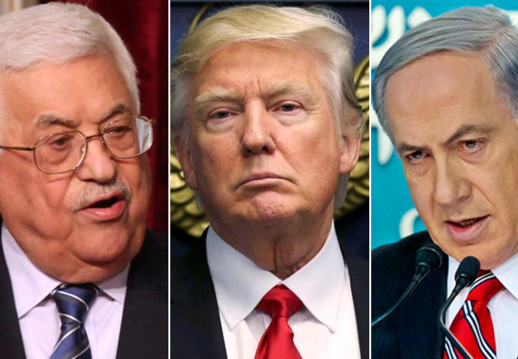
(Jerusalem, Israel) — A cease-fire — negotiated behind the scenes by Egypt, Qatar and the U.N. — went into effect at 4:30am local time (9:30pm in Washington), after the most intense two-day rocket war in Israel’s history. See details below.
Now, we face two big questions:
- Will the cease-fire hold? As I post this column at 9:30am local time on Monday morning, five hours after it was agreed to, none of the terms of the deal have been released to the public. In my experience with past rocket wars going back a decade or more, we often see Hamas and Islamic Jihad break the deal several times in the first 48 hours or so, firing off a few salvos of additional rockets, and triggering more retaliations by the IDF. Please pray that this cease-fire holds firmly. Pray, too, that the Lord will comfort both Israelis and Palestinians who have been injured, have lost family or friends, and who have been traumatized by the wickedness and sheer intensity of the past few days.
- Will the latest rocket war between Israelis and Palestinians affect the roll-out of the Trump Peace Initiative? At the moment, the plan is expected to be released to the public in mid-June after Ramadan ends. Short version: I believe the administration will likely still release the plan this summer and the roll-out won’t be significantly affected by the rocket war. That said, I believe the latest round of fighting underscores how difficult — perhaps impossible — it will be for the Palestinian leadership to say yes to almost any plan the White House unveils, no matter how good, creative and constructive. I hope I’m wrong. It would be wonderful to see the two sides find a way to make real and lasting peace. But I remain of the view that Abbas has no interest — and no real authority — to make the compromises necessary for a deal. He clearly doesn’t control Gaza. And he is deeply disliked in the West Bank. More than 70% of West Bank Palestinians want him to resign. By contrast, I believe the Arabs leaders in the Gulf are growing increasingly interested in making peace with Israel and that Palestinian rejection of the Trump plan could actually accelerate movement in a positive direction in the Gulf. We will see soon enough. In the meantime, let’s continue to be praying for the peace of Jerusalem and the entire region. To better understand what is coming, I encourage you to watch online a conversation with Jared Kushner, the chief architect of the peace plan, that he had last Thursday night in an excellent event organized by the Washington Institute for Near East Policy. Interview by WINEP Executive Director Rob Satloff, Kushner discusses the administration’s goals, why they believe now is the right time to release the plan, and why they believe past peace efforts have failed. I also encourage you to watch a Washington Institute discussion with Mideast experts analyzing what Kushner said and did not say.
Here’s a snapshot of the two-day conflict, by-the-numbers:
- 690 rockets were fired from Gaza at the civilians of southern Israel
- 240 Iron Dome intercepts
- 210,000 Israeli children had school canceled, but school reopened Monday
- 4 Israeli civilians were killed
- The fourth was a 21 year old American-Israeli dual citizen, an Orthodox religious young man who was married with one child.
- 23 Palestinians were killed in the fighting, this includes 8 Islamic Jihad terrorists, a senior Hamas leader responsible for transferring money from Iran, and 2 members of the Hamas military wing
- 234 Israelis were injured or treated at the two main Israeli hospitals in the south
- The IDF struck 350 Islamic Jihad & Hamas targets, including rocket launch sites, terror squads and operatives, command and training centers, weapon facilities, observation posts and military compounds
—————————-
____________________
——————————
|
|